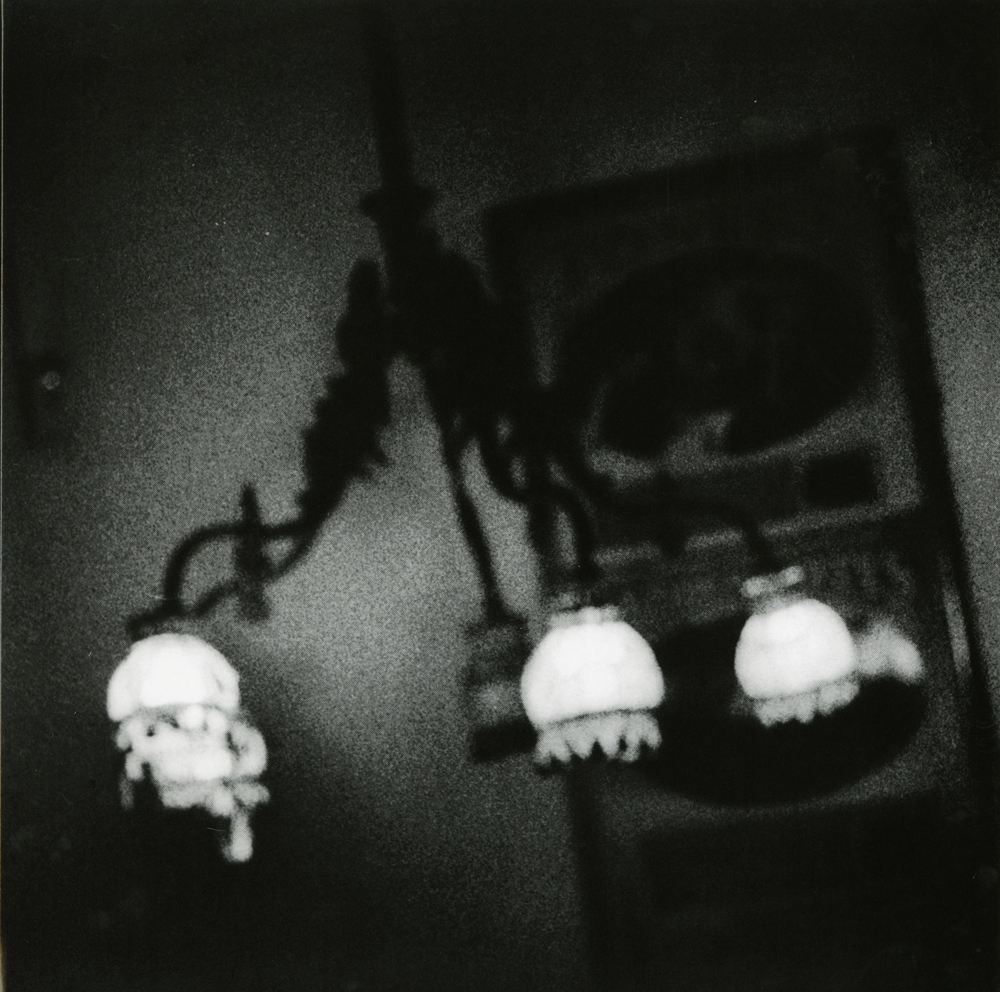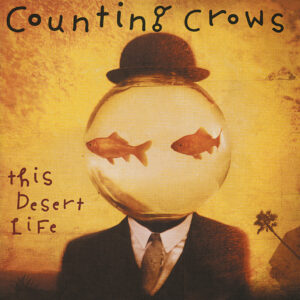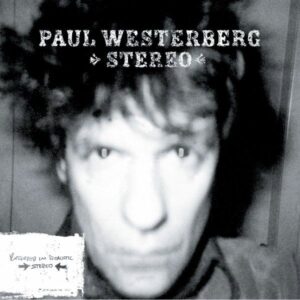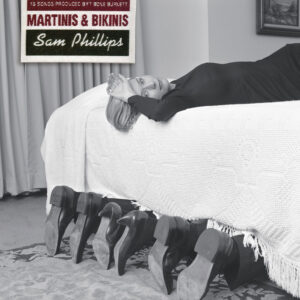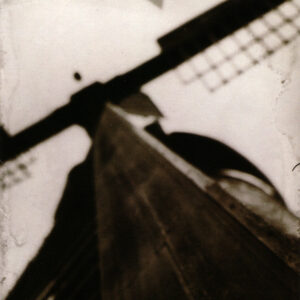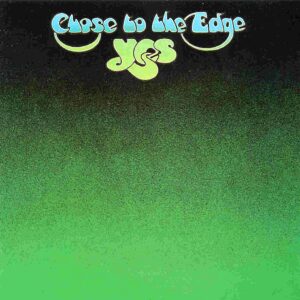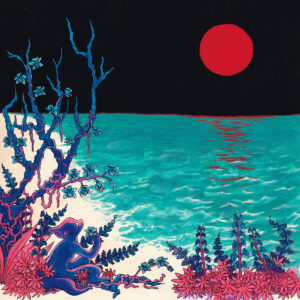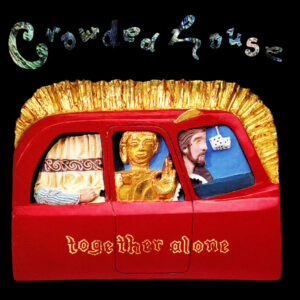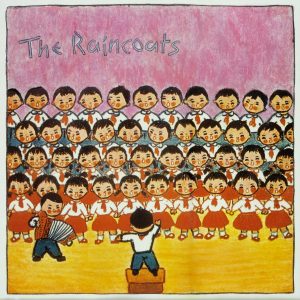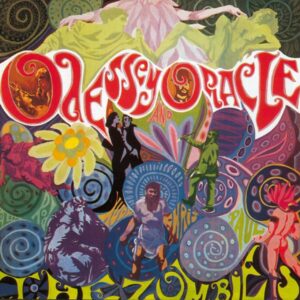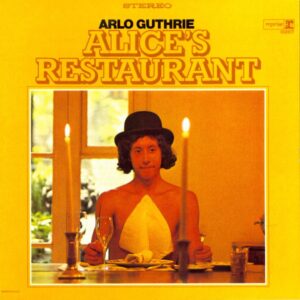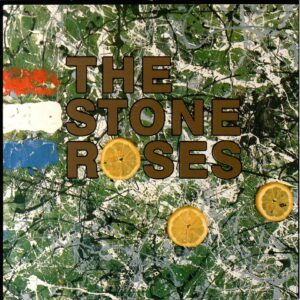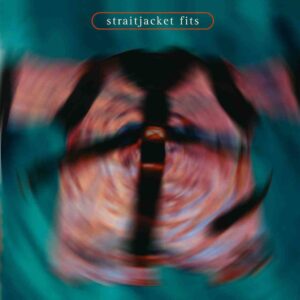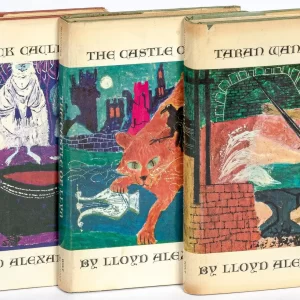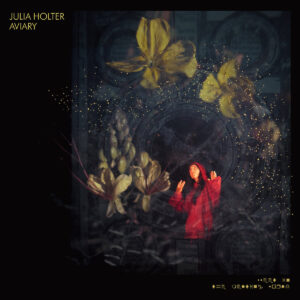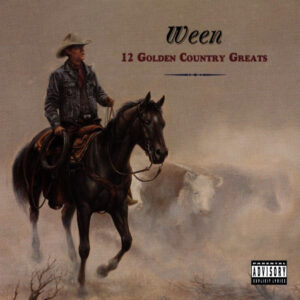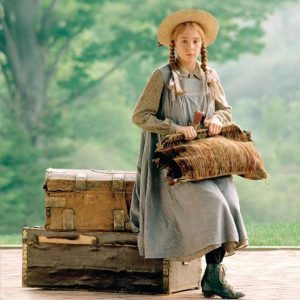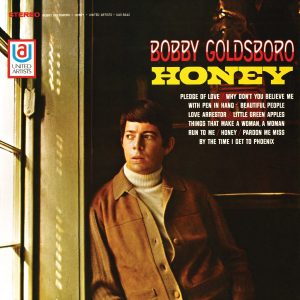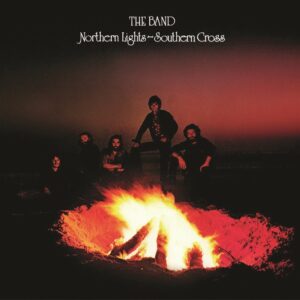
San Francisco quartet the Red House Painters (named after the Tennesseean painting crew, The International League Of Revolutionary House Painters) made their debut with 1992’s Down Colorful Hill on the 4AD label. The band fitted into the recently coined slowcore genre, with their stately arrangements and introspective lyrics. The word band is a little misleading, as the Red House Painters were largely a brand name for leader Mark Kozelek, who wrote all of the songs, sang lead vocals, and whose records released as Red House Painters, Sun Kil Moon, and under his own name form a coherent career path.
Kozelek’s early work can be oppressively dark and depressive, but since 1995’s Ocean Beach, more light has sneaked in. Kozelek’s output can be frustrating – a lot of his albums are drawn out as his song lengths stretch out over six or seven minutes. As a result, he’s made a lot of good albums, but few great ones. But since 1992, he’s written a lot of great songs, perhaps as many as any writer from his era, but it can take some patience to find them. I find Sun Kil Moon’s Ghosts of the Great Highway and April to be his strongest albums.
I’ve only covered up to 2010’s Admiral Fell Promises at this stage, but Kozelek’s career in the 2010’s has certainly been interesting. His previous lyrics were tightly constructed and elegant, to the point where he was able to justify printing them in the book Nights of Passed Over. But in his recent work, his lyrical approach has changed markedly, to a stream-of-consciousness style, where it feels like he’s releasing his first drafts instead of his polished versions.
They are the picturesque night
The casting city lights
On the bay flowing into the ocean glowing
From ‘Lost Verses’, 2008——————————–
I went to see him in Ohio; he had a horseshoe shaped scar on his scalp and he talked real slow
We played pool like we did in our teens and his head was shaved and he still wore bell-bottomed jeans
From ‘Micheline’, 2014
But this approach has proved successful as his recent albums, especially Sun Kil Moon’s 2014 album Benji, have given him more mainstream attention than he’s enjoyed previously. He’s been remarkably prolific post-2010, which is one reason I haven’t covered most of these albums. Song titles like ‘This Is My First Day and I’m Indian and I Work at a Gas Station’ from 2015’s Universal Themes suggest that his recent approach may be sliding into self-parody.
Album Reviews
Red House Painters
Down Colorful Hill | Red House Painters (Rollercoaster) | Red House Painters (Bridge) | Ocean Beach | Songs For A Blue Guitar | Old Ramon
Mark Kozelek
Rock ‘n’ Roll Singer | What’s Next To The Moon
Sun Kil Moon
Ghosts of the Great Highway | Tiny Cities | April | Admiral Fell Promises | Among The Leaves | Benji
Other
Perils from the Sea – Mark Kozelek and Jimmy LaValle | Mark Kozelek & Desertshore
Favourite Album: April
Overlooked Gem: Admiral Fell Promises
Down Colorful Hill – Red House Painters
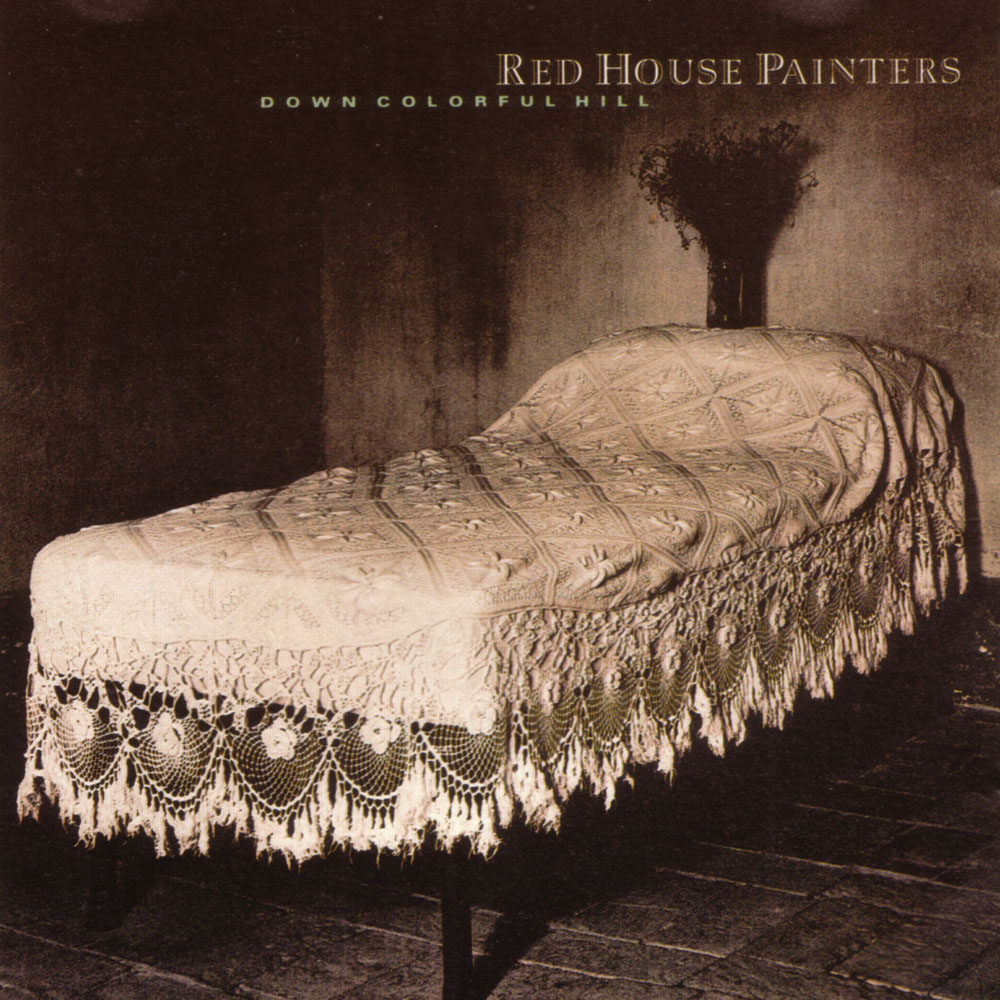
1992, 7/10
Mark Kozelek is often pigeonholed as a navel-gazing one-dimensional depressive, and most of the evidence in his catalogue to back this up can be found on the Red House Painters’ debut Down Colorful Hill. Kozelek would soon display a wider range of emotions on record, even though it’s difficult to criticise this material too severely since it’s genuinely expressive and largely autobiographical. It is certainly potent, but the lyrics can be overwrought in places. While Down Colorful Hill has enjoyed acclaim as the group’s key record, it’s a little too unrefined to deserve this entirely.
The key track ‘Medicine Bottle’ rightfully earns its place as one of the group’s most prominent tracks; it’s still somewhat sophomoric (“no more breath in my hair/or ladies’ underwear/tossed up over the alarm clock”), but it’s engrossing, with Kozelek’s half-whispered vocals some of the most intense ever committed to tape, and the lyrics describing addiction in an open manner. ‘Japanese To English’ is more straightforward, and it’s just great songwriting with a strong melody and a succinct structure that contrasts with the more drawn-out nature of the other tracks. Down Colorful Hill also starts out and ends strongly with ’24’ and ‘Michael’, two more personal acoustic tracks from Kozelek.
There’s something disquieting about Down Colorful Hill, like reading someone’s diary; it’s somewhat unfocused and not proofread for public viewing, but it’s often riveting and evocative.
Red House Painters (Rollercoaster) – Red House Painters
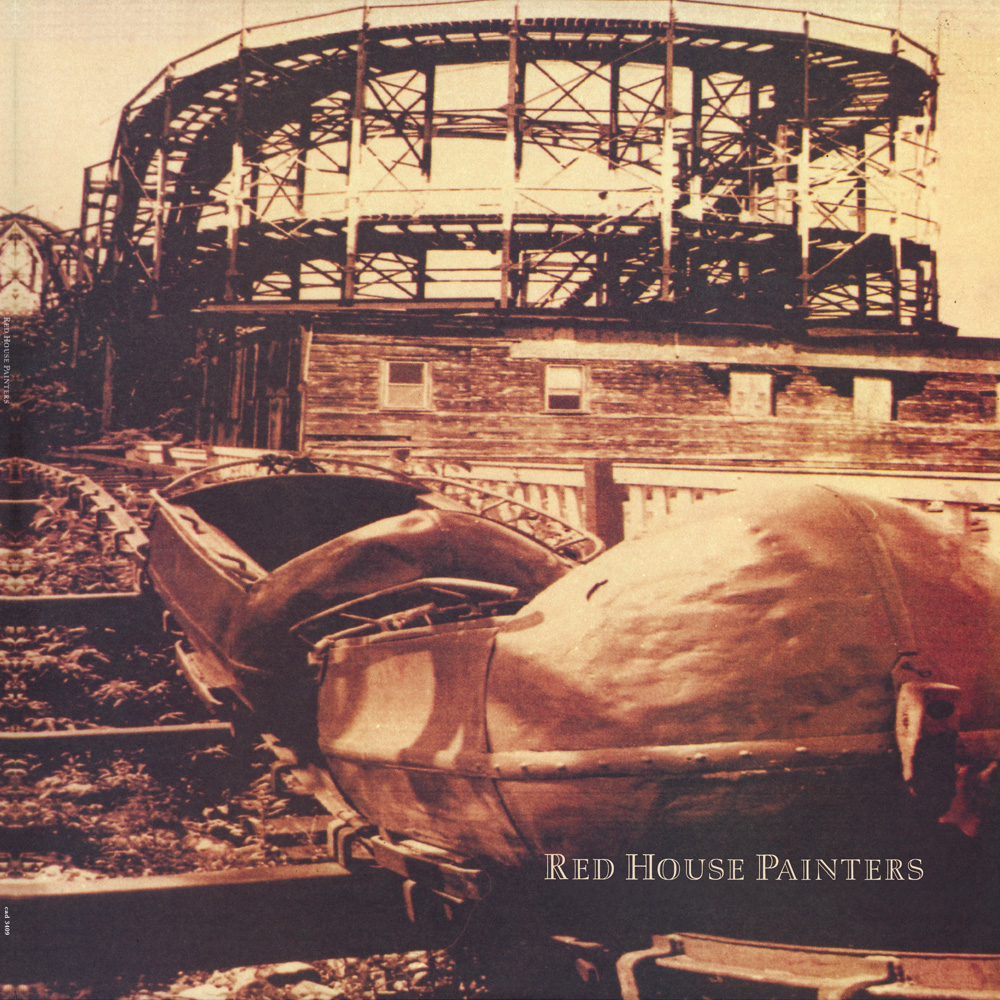
1993, 8.5/10
The first of two self-titled albums that Red House Painters released in 1993; this album is also referred to as Rollercoaster due to the cover image. It’s not as raw and incisive as Down Colorful Hill, but it’s markedly more mature and there’s some sublime material here. Like a lot of albums from the 1990s, it suffers from CD bloat – it would have been a great 40-minute album, but there is a clutch of uninteresting songs in the middle that drag.
Setting the mood is the gorgeous opener ‘Grace Cathedral Park’, while ‘Katy Song’ is a delicate and heartfelt ballad. ‘Mistress’ appears in two different guises; in the fourth track as an aggressive rocker, and in the fourth to last track as a minimalist piano ballad. ‘New Jersey’ was improved as a full band arrangement on the next record, but the acoustic version is still strong, while the pretty ‘Dragonflies’ is another winner. ‘Strawberry Hill’ is melodramatic but still highly effective, getting a lot of mileage out of the lengthy two-chord verses opening into a lush harmonised chorus.
An edited version would be a career highlight, but even without a trim, it’s the high point of Kozelek’s early career.
Red House Painters (Bridge) – Red House Painters
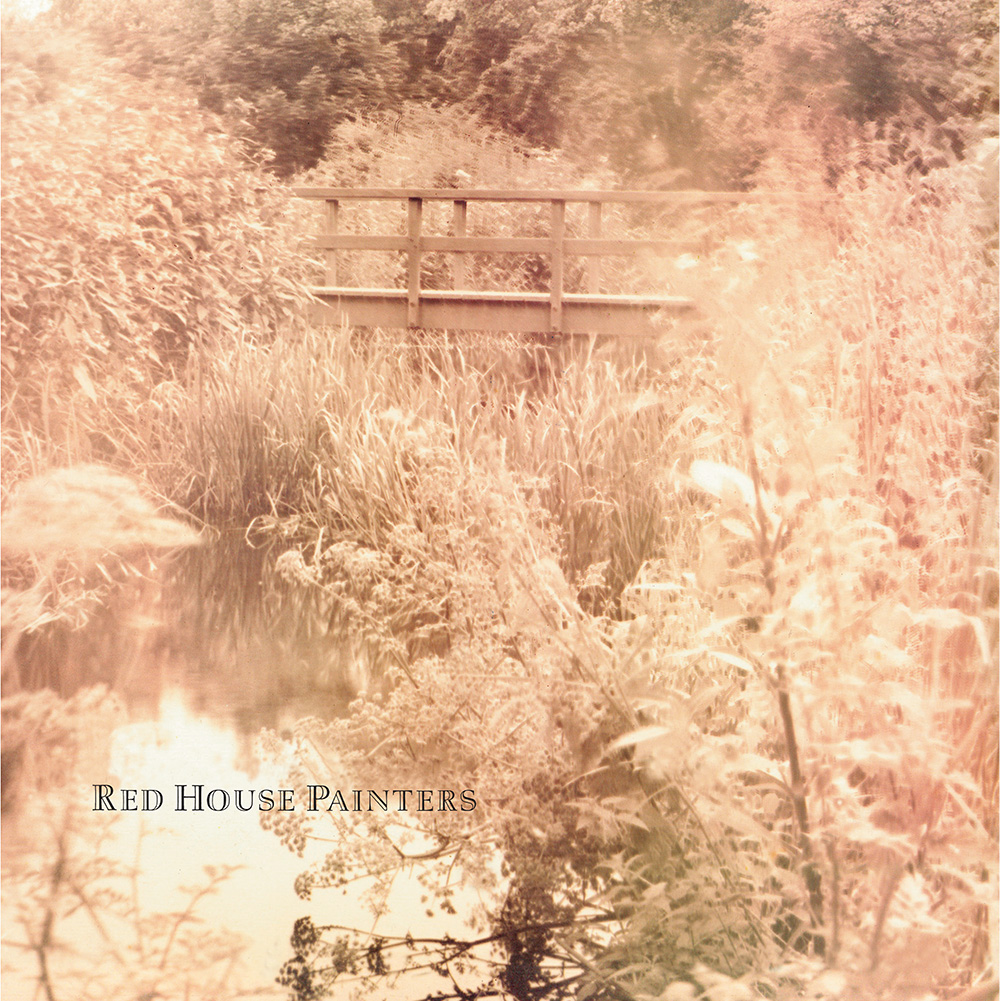
1993, 5.5/10
Released later in 1993, and consisting of outtakes from the previous self-titled album, this self-titled record is referred to as Bridge due to its cover image. Even at 45 minutes, it still feels slight compared to its predecessor, with only eight songs, including two covers and an electric version of ‘New Jersey’ from the preceding album.
While Bridge is arguably the weakest Painters album, it still has its share of highlights. These highlights include the melancholic ‘Uncle Joe’, where Kozelek exhibits a mostly closeted humour as he weaves the group’s name into the bridge (“I am not very well read/And did you say that I will lose my house/And can you spare me of my pain/And can you spare me of my tears“), and the full band version of ‘New Jersey’, which is a marked improvement over the earlier acoustic version. The reworked cover of Simon and Garfunkel’s ‘I Am A Rock’ is also effective, and ‘Bubble’ is a nice low-key piece.
It’s difficult to argue anything other than that Bridge is among the lesser works of Kozelek’s oeuvre, but if you enjoy his other work there’s still plenty to like here too.
Ocean Beach – Red House Painters
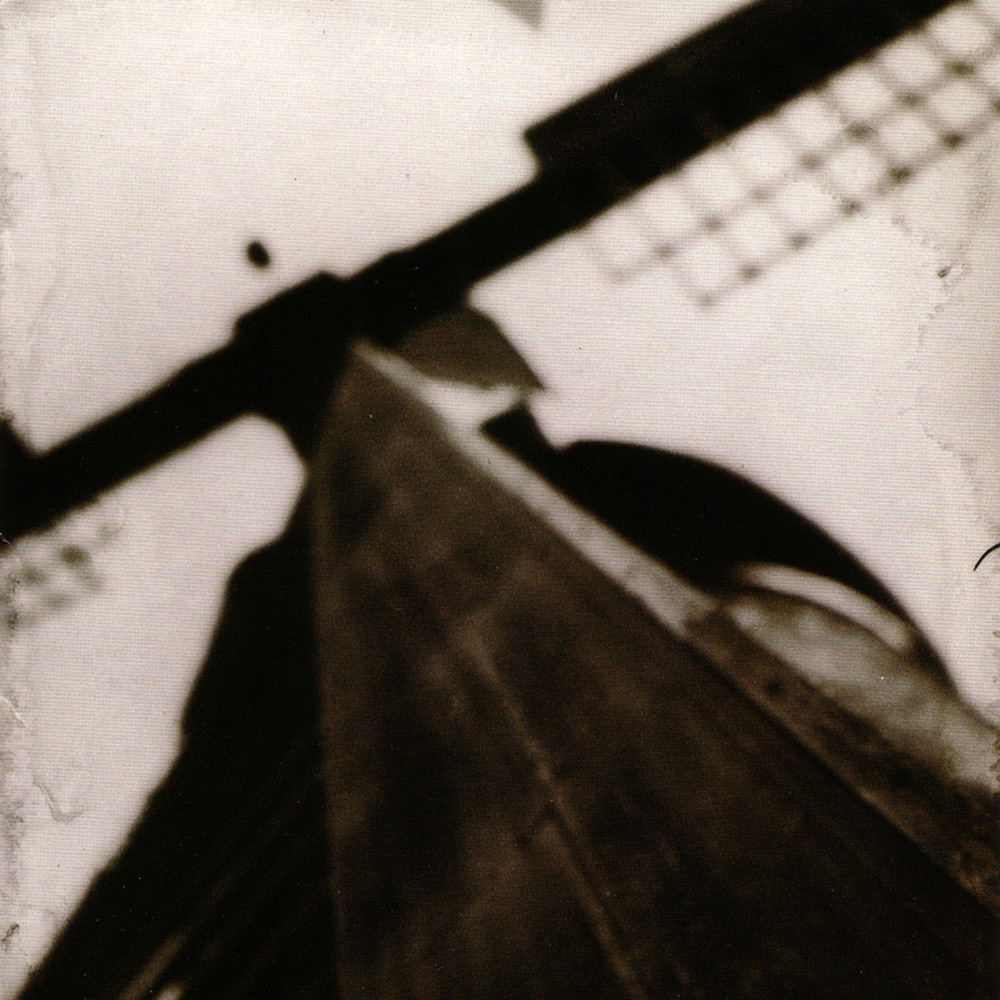
1995, 8.5/10
Named after a San Francisco landmark, Ocean Beach is the most coherent Red House Painters record, most of the tracks sharing a sombre and acoustic mood, more hopeful and less desperate than before. ‘Over My Head’ is so cheerful in its comfort that it’s hard to believe that it came from the same pen that wrote ‘Medicine Bottle’ just three years earlier. Musically it’s scaled down, more conventionally melodic and lacking the epic experimental tracks. Because of these factors, it’s a good place to start with the band’s catalogue.
The beautiful ‘Summer Dress’ is one of the group’s most perfect short songs, perfectly augmenting its elegant melody and simple arrangement with a viola part. ‘San Geronimo’ is a magical tale of adolescent remembrance (“Somewhere up fifteen miles/Sifting through crackling vinyl”), where the dirty guitar tone hardly detracts from the song’s inherent prettiness. A piano leads the simple ‘Shadows’, while the light-hearted ‘Over My Head’ devolves into an enjoyable acoustic jam. The closing ‘Drop’ takes simplicity to an extreme, stretching out for nine minutes, sustained by the elegant melody and the emotion in Kozelek’s vocal.
Ocean Beach doesn’t have as many absolute highlights as Rollercoaster, but it’s better constructed as an album; while I play Rollercoaster more often, I tend to pick out individual songs to play, while when I listen to Ocean Beach, I play it right through.
Songs For A Blue Guitar – Red House Painters
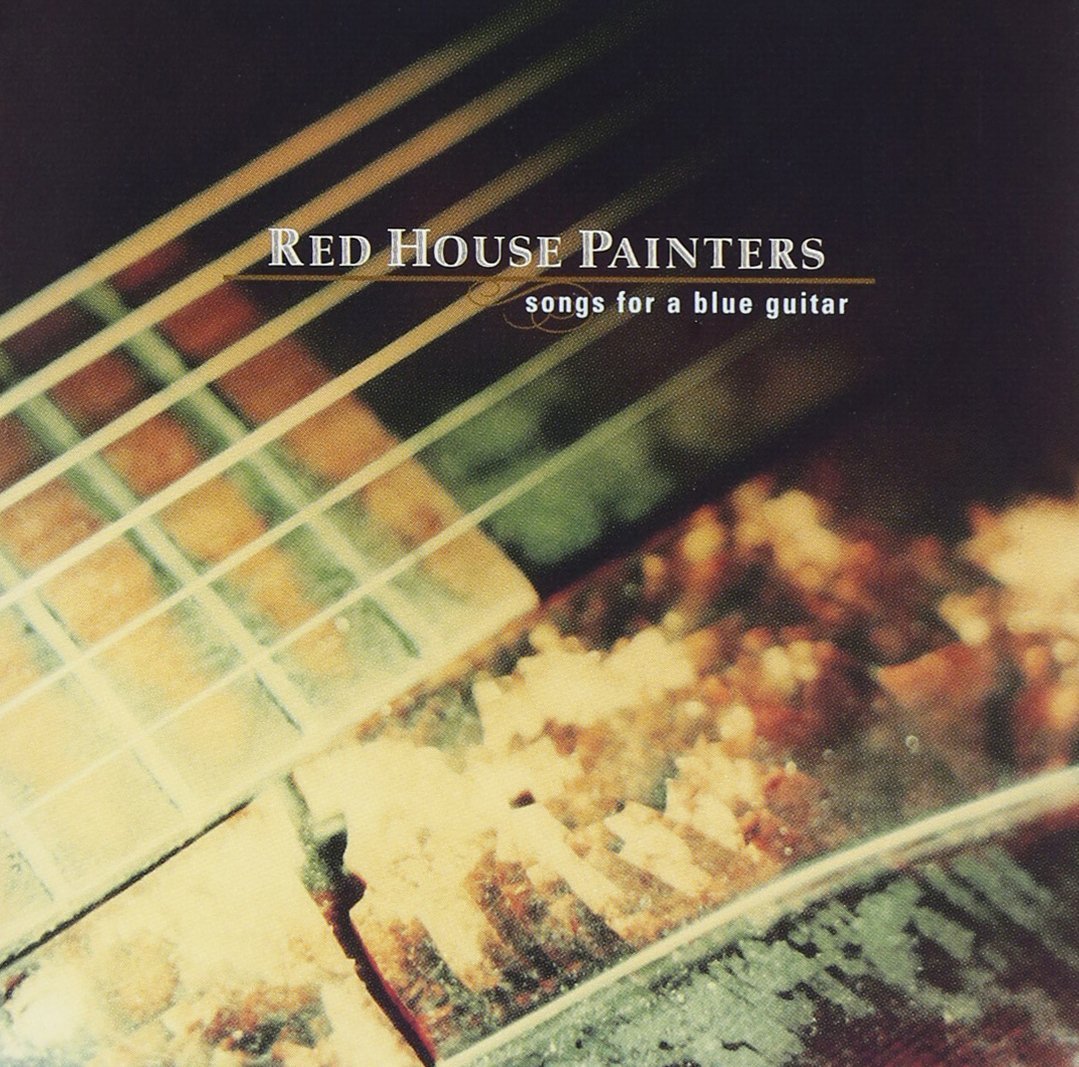
1996, 7.5/10
Although Songs For A Blue Guitar is credited to the Red House Painters, it feels like a Kozelek solo album. As well as using musicians from outside the band, Songs For A Blue Guitar is markedly lighter in tone and content, even compared to Ocean Beach, with many of the songs centring around gentle acoustic arrangements. It’s also more loosely constructed; many of the songs lope over five minutes and a couple of the electric tracks crack the ten-minute mark.
Songs For A Blue Guitar also features three covers, which further lighten the tone; Yes’ ‘Long Distance Runaround’, The Cars’ ‘All Mixed Up’ and Wings’ ‘Silly Love Songs’ are all given the Kozelek treatment. The eleven minutes of ‘Silly Love Songs’ should have been dropped altogether, as its only interest is the novelty of the saccharine lyrics set against the grinding and solemn electric arrangement. The other long track, the twelve-minute ‘Make Like Paper’, is the album’s highlight, like an epic 1970s Neil Young guitar showcase, Kozelek throws in an avant-garde guitar solo and a killer riff that is withheld until halfway through the track. Much of Songs For A Blue Guitar is devoted to languid acoustic material, with the opening ‘Have You Forgotten?’, ‘Priest Alley Song’, and ‘Revelation Big Sur’ particular highlights.
Songs For A Blue Guitar doesn’t quite rank among the best Painters albums, as it’s sloppy and self-indulgent in places, but it’s likeable nevertheless.
Rock ‘n’ Roll Singer – Mark Kozelek
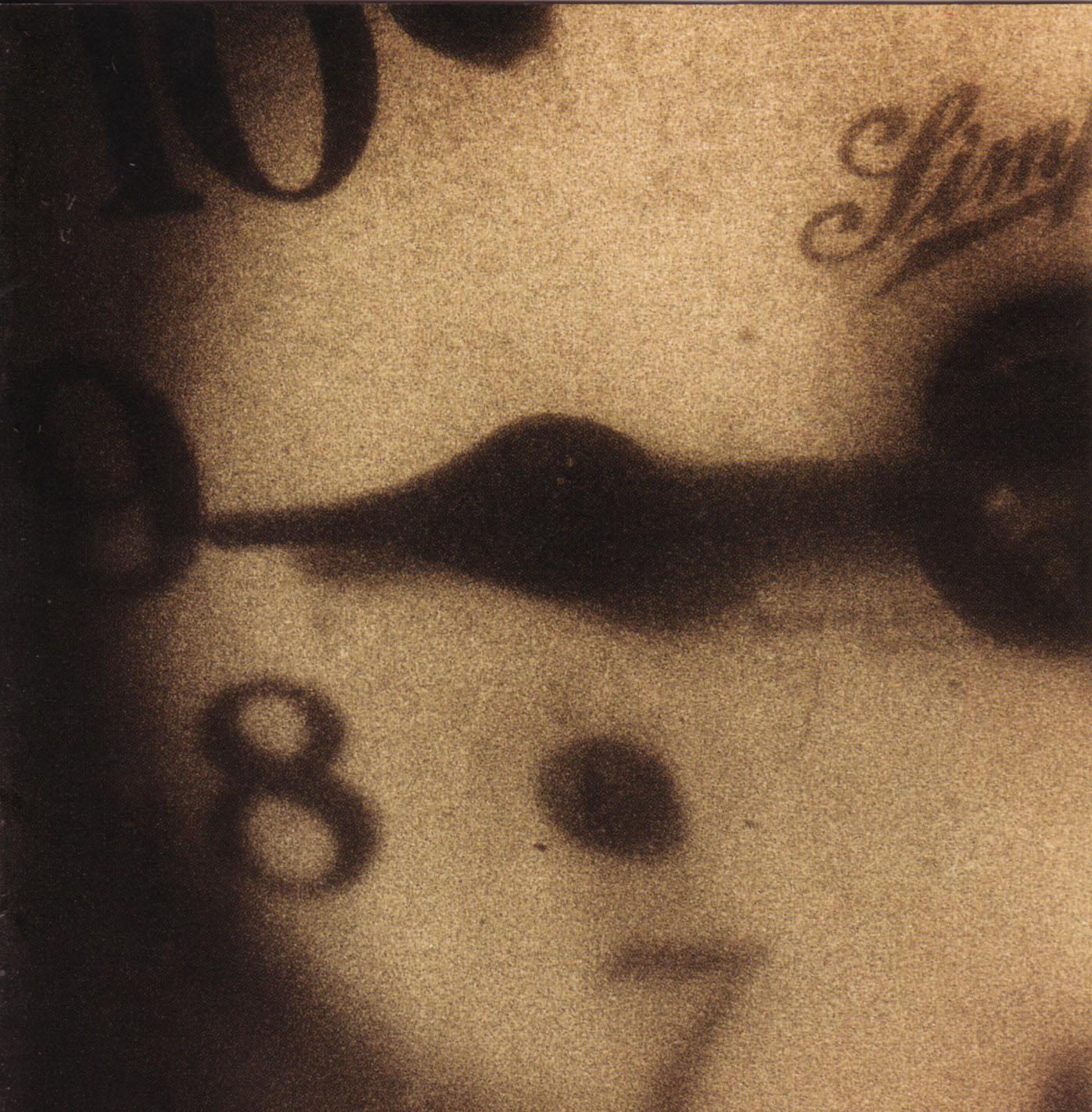
2000, 6.5/10
The Red House Painters’ final album, Old Ramon, was held up for several years by record label issues. In the meantime, Kozelek dabbled in films and created a pair of solo discs. Because Rock ‘n’ Roll Singer, the first of these, has only seven tracks, four of which are covers, it naturally assumes a relatively minor place in the Kozelek discography, yet it’s surprisingly enjoyable all the same.
Most of these songs are solo acoustic tracks, and all of these songs are relatively short; the only full band arrangement is the title track. Three of these songs are AC/DC covers, a concept that would be stretched to a full album on the following year’s What’s Next To The Moon. “Cover” is almost an inaccurate term for these songs; while the lyrics are mostly intact, the music is rewritten to gentle folk arrangements. Compared with the versions on What’s Next To The Moon, this version of ‘Bad Boy Boogie’ is less effective at a lower pitch, but the full band version of ‘Rock ‘n’ Roll Singer’ here is more memorable than the acoustic rendition. The cover of John Denver’s ‘Around and Around’ is also pretty, while all of Kozelek’s originals are strong, especially the opening picking of ‘Find Me, Ruben Olivares’ and the old woman sympathy of ‘Ruth Marie’.
It’s hard to know what to rate Rock ‘n’ Roll Singer since it’s merely seven short tracks, but it’s an excellent EP and if you can find it at a reasonable price, don’t hesitate to pick it up.
What’s Next To The Moon – Mark Kozelek
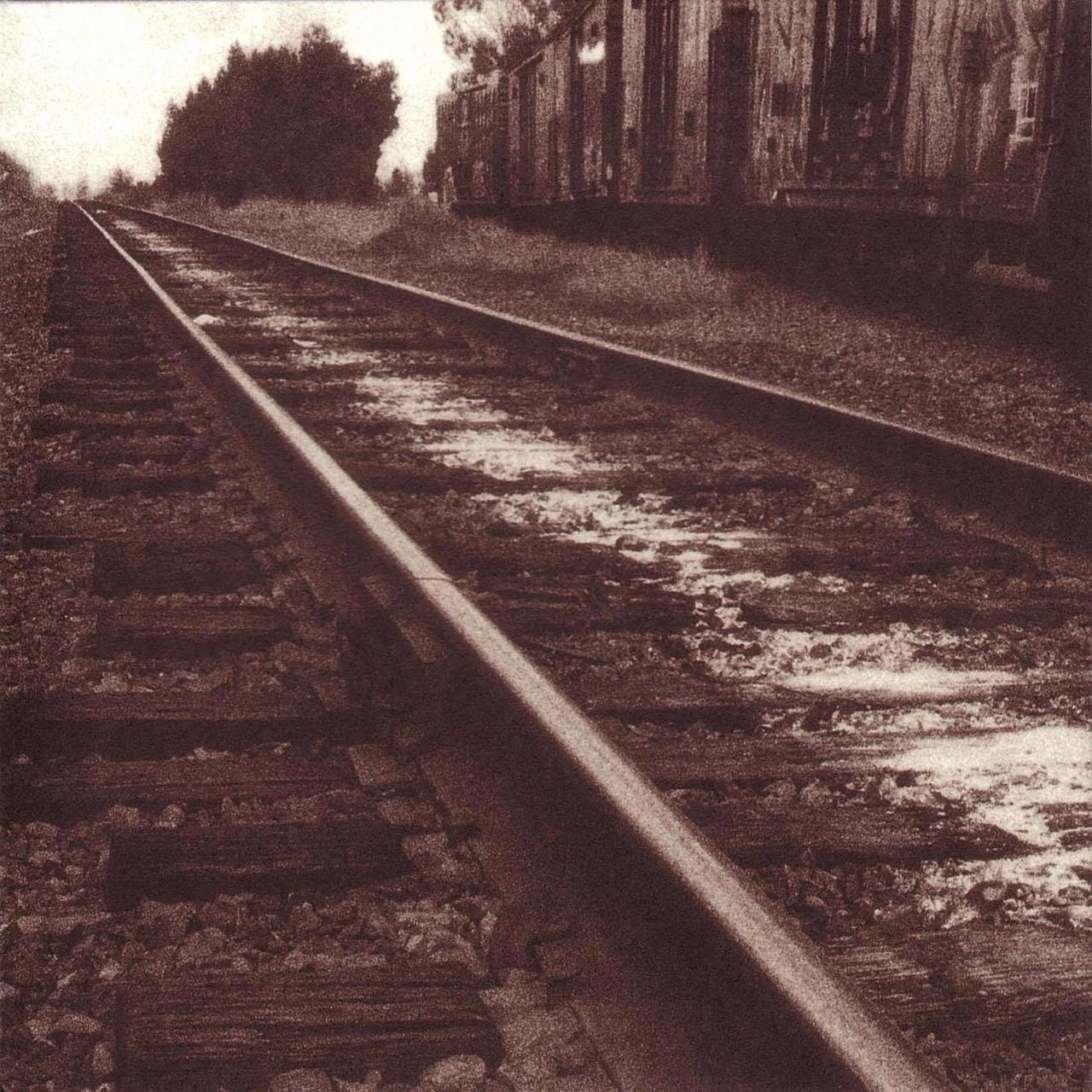
2001, 6/10
The AC/DC covers on Rock and Roll Singer were accomplished, so it’s not surprising that the Kozelek dedicated an entire album to reworkings. All ten tracks on What’s Next To The Moon are drawn from the Bon Scott 1970s era of AC/DC and are recorded solo on acoustic guitar with minimal overdubs. Like the interpretations of Rock ‘n’ Roll Singer, these songs feature completely rewritten melodies.
Kozelek’s treatment of these tunes provide an interesting insight into the relationship between lyrics and arrangements; stripped of their hard rock bluster and transported into gentle folk tunes, the woman-conquering, hard-living lyrics become poignant and pleading rather than brash and arrogant. ‘Bad Boy Boogie’ wasn’t that impressive on Rock ‘n’ Roll Singer, but here it’s transported into a higher and more vulnerable pitch, which makes all the difference, the lines “I tell you a story/It ain’t no lie/I was born to love till the day I die” beautiful and affecting in a way you’d never expect an AC/DC composition to be. The bluesy title track helps to break up what could otherwise be an overly uniform record, although plenty of the low-key folk tunes like ‘Love At First Feel’ and ‘Love Hungry Man’ are just plain gorgeous.
What’s Next To The Moon is too samey to rank among Kozelek’s best work, but it’s a tight and concise record.
Old Ramon – Red House Painters
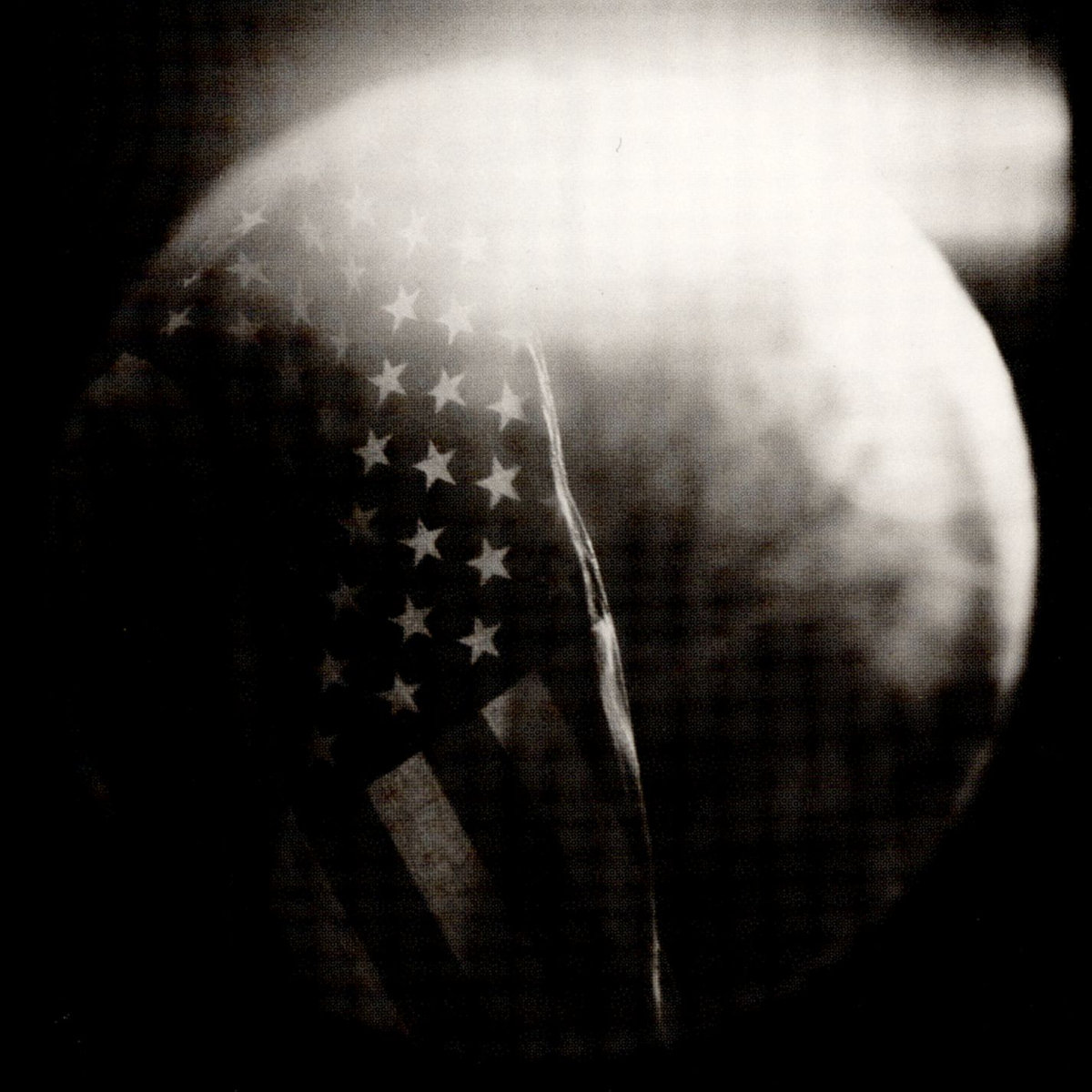
2001, 7/10
The final Red House Painters album was recorded between 1997 and 1998 but wasn’t released until 2001, due to complications arising from label mergers. Old Ramon is closest in tone to the more mature and relaxed Songs For A Blue Guitar, but it has an overarching air of resignation. Spread over ten songs and seventy minutes, it’s too diffuse to be effective as a holistic work, even if it has moments of creativity and beauty.
The strongest songs are the more aggressive tracks, the textural guitar assault of ‘Byrd Joel’ and the dissonant riff of ‘Between Days’. Between those two songs, the excellent epic ‘River’, one of Kozelek’s best ten-minute plus efforts, and the beautiful ‘Smokey’, at least half of Old Ramon is A-grade material, so it’s difficult to make too many complaints. But at an average track length of seven minutes, songs like ‘Void’ and ‘Cruiser’ overstay their welcome, and it’s a difficult album to sit all the way through.
Old Ramon does point the way forward to Kozelek’s material with Sun Kil Moon, but it’s more uneven than his best Sun Kil Moon efforts.
Ghosts of the Great Highway – Sun Kil Moon
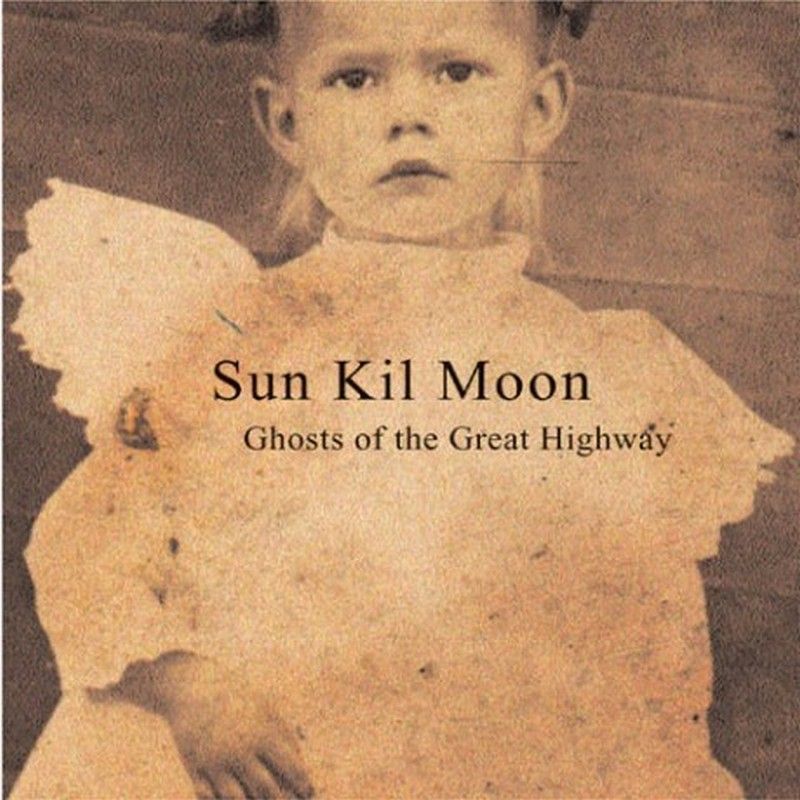
2003, 8.5/10
It may seem slightly strange that Kozelek would choose to create a new band at this point in his career; if anything, perhaps this name change should have occurred before Songs For A Blue Guitar. The self-absorption of the early Painters is all but gone, and the musical style has shifted from slow-core to straddling between Neil Young-like country rock and Neil Young-like grunge. This Neil Young comparison is all but inevitable, especially when Kozelek often uses his high register. Considering that Old Ramon was completed in 1998 and that his solo EPs consisted mostly of covers, Kozelek had five years to write this album and it shows; this was easily his most consistent and accessible set of songs to date.
The central tracks are the autobiographical ‘Carry Me Ohio’, where Kozelek touchingly ruminates on his bond with his home state, and the fourteen-minute ‘Duk Koo Kim’, where a hypnotic riff drives a tribute to a Vietnamese boxer. Boxing is a repeated theme of Ghosts of the Great Highway, with the opening line of the first track ‘Glenn Tipton’ stating that “Cassius Clay was hated more than Sonny Liston” and the boxing lyrics of ‘Salvador Sanchez’ recycled in the acoustic closer ‘Pancho Villa’. The aggressive ‘Salvador Sanchez’ and ‘Lily and Parrots’ provide the most adrenaline, while the middle sequence of ‘Last Tide’, ‘Floating’, and ‘Gentle Moon’ is full of beauty.
Ghosts of the Great Highway was Kozelek’s most consistent, most approachable, and simply best record yet, and even if you were turned off by his navel-gazing in his earlier work it’s well worth hearing.
Tiny Cities – Sun Kil Moon
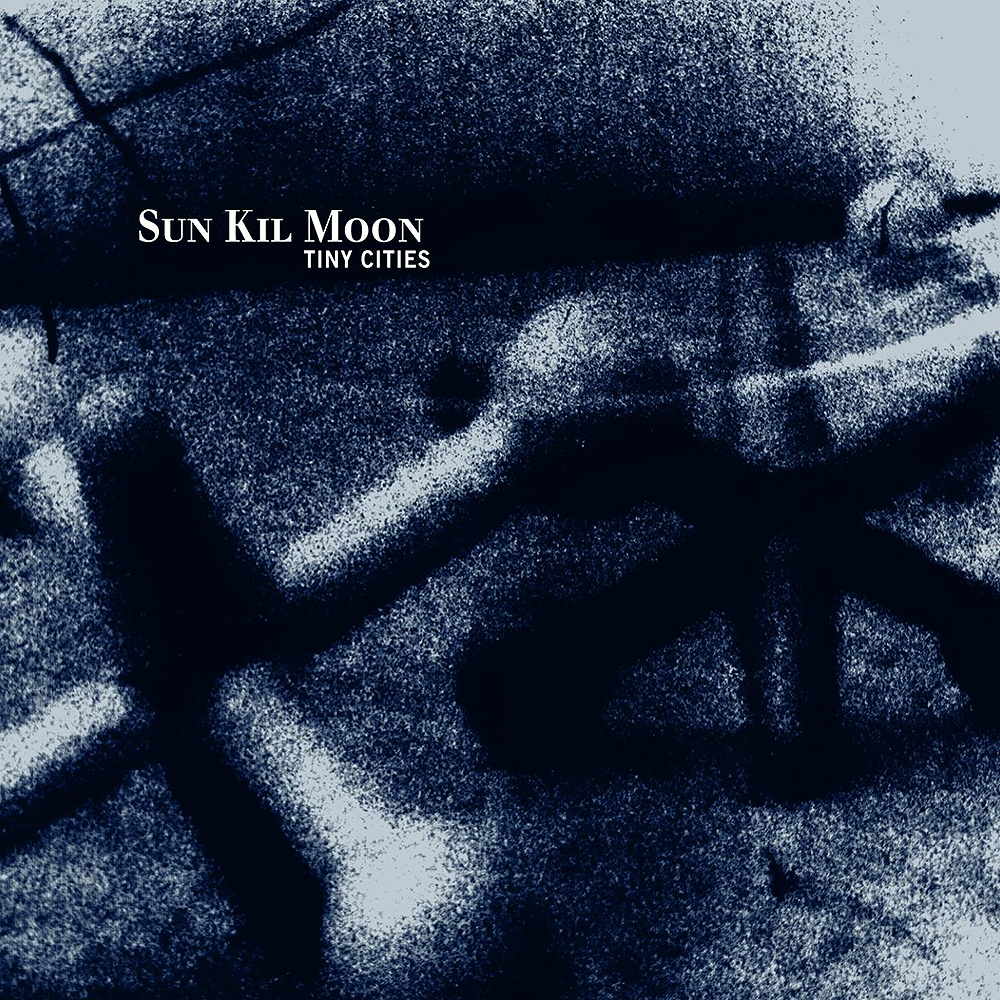
2005, 8/10
Tiny Cities is the overlooked album in Mark Kozelek’s discography; a rating of 3.0/10 by taste-maker Pitchfork upon its release didn’t help its reputation. Like Next To The Moon, it’s a full album of covers, this time from Indie rock act Modest Mouse; as with AC/DC, Kozelek sets Isaac Brock’s lyrics to his own music. Brock’s dense lyrics push Kozelek’s music in different directions. Musically it’s typically Kozelek, with his usual furtive voice and acoustic guitar, but it’s more concise than usual, with the eleven songs only running half an hour.
Highlights include the rhythmic, propulsive ‘Neverending Math Equation’ and the closing ‘Ocean Breathes Salty’, where Kozelek squeezes emotion out of the lyrics. With no preconceptions from the original source material, Tiny Cities simply feels like an accomplished and concise Mark Kozelek album.
April – Sun Kil Moon
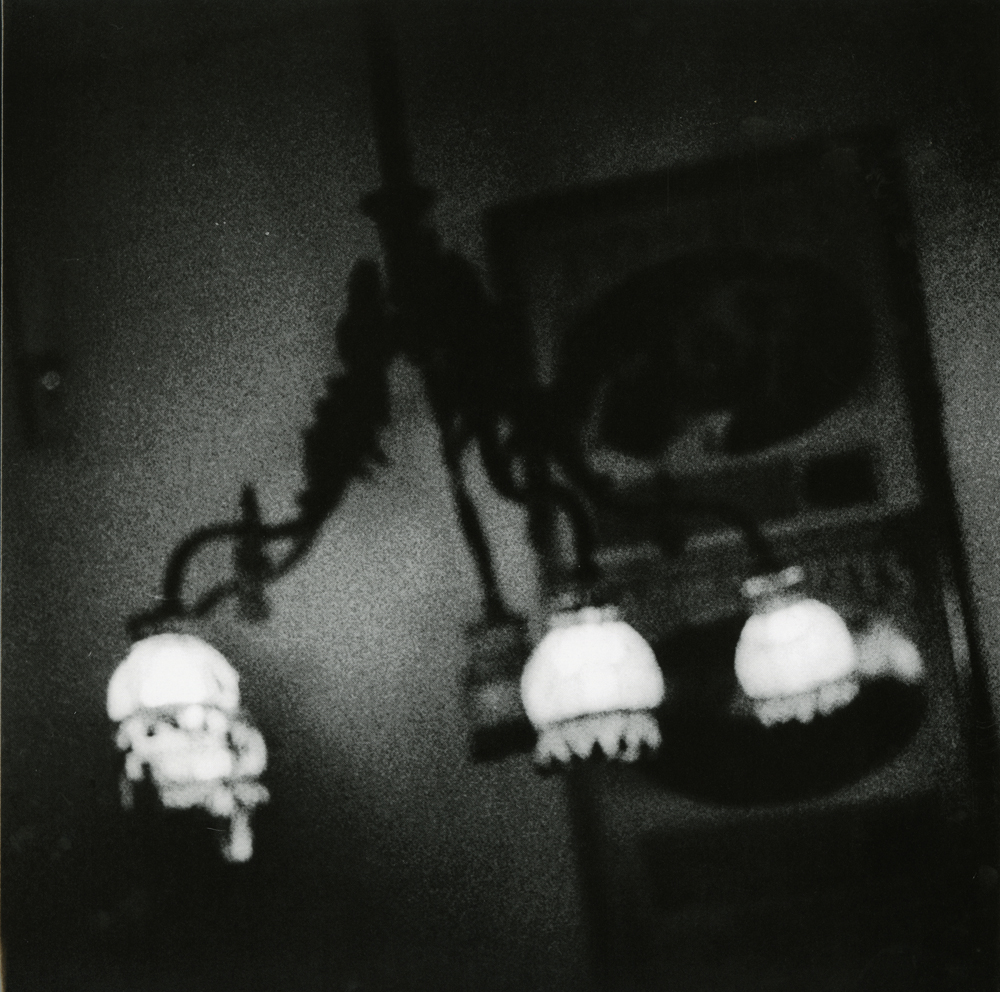
2008, 9/10
The backdrop for April was the passing of Kozelek’s former partner, who inspired ‘Katy Song’ on the Red House Painters (Rollercoaster) album in 1993. A lot of the songs on April are Kozelek wrestling with his former muse’s premature death from cancer; “I broke her heart not knowing she’d return/And graven scars deep in me, forever.” Stylistically, April is a continuation from Ghosts of the Great Highway, although one new feature is vocal cameos; Death Cab For Cutie’s Ben Gibbard adds beautiful backing vocals to the opening ‘Lost Verses’, while Bonnie “Prince” Billy duets on ‘Like The River’.
‘Lost Verses’ is a gorgeous opener, before opening into a satisfying guitar jam. The other standout is ‘Tonight The Sky’, which follows the template of Neil Young’s electric epics – the central riff even sounds like a slowed-down version of CSNY’s ‘Ohio’ – and perhaps references his former lover most clearly “I saw my sleeping sister/Rising toward a light/A mist above the skyline/On that never-ending night.” Other highlights include the pretty ‘Blue Orchids’ and the delicate ‘Moorestown’.
A 9/10 rating is arguably overgenerous for April, as like a lot of Kozelek’s work, it’s drawn out and could have used an editor, but it’s my choice for his best record and ‘Lost Verses’ and ‘Tonight The Sky’ are two of the best songs he’s ever written.
Admiral Fell Promises – Sun Kil Moon
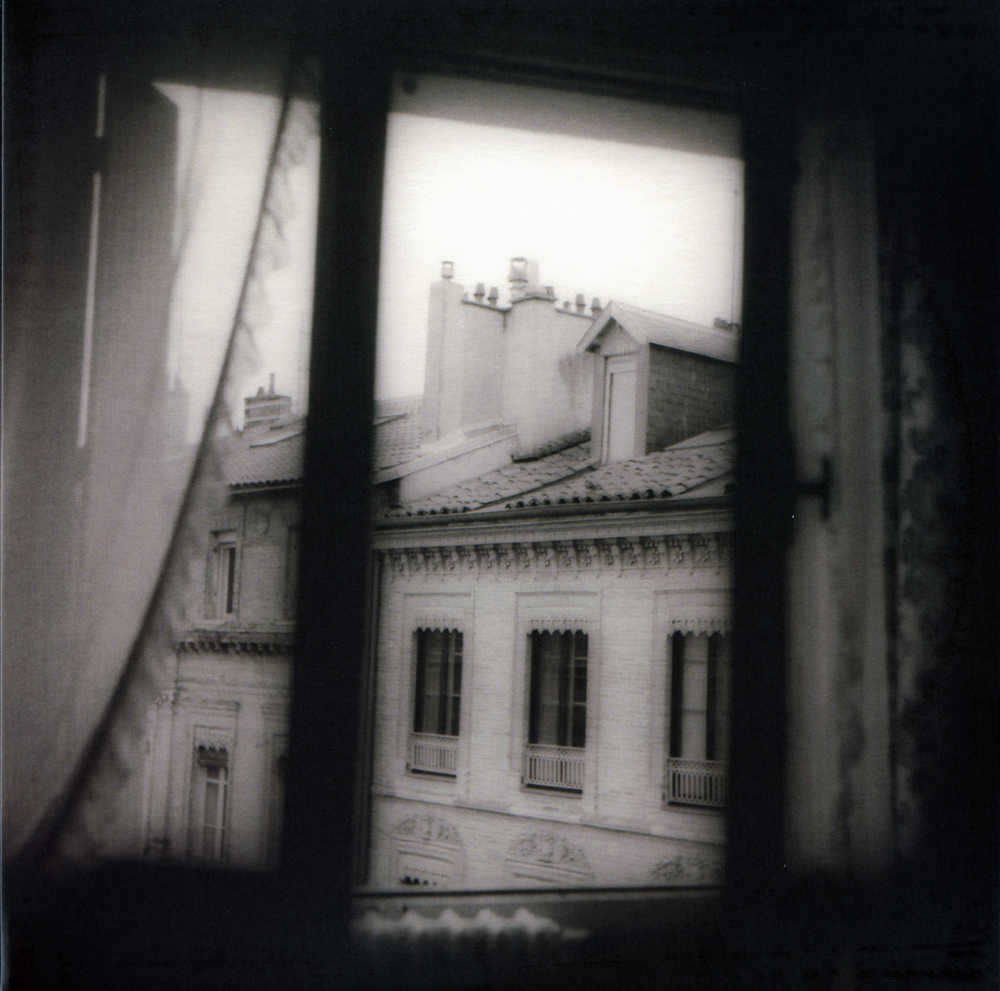
2010, 8.5/10
While touring New Zealand in 2008, Mark Kozelek picked up a 5 CD set of recordings by Spanish classical guitarist Andre Segovia. This informed Sun Kil Moon’s next recording project, an entirely solo album of just Kozelek’s vocal tracks and nylon-string guitar. At over an hour, only ten songs, and with no other instrumentation, it would be easy for Admiral Fell Promises to become monotonous, but instead it’s one of Kozelek’s strongest albums, and he has acknowledged it as his favourite from his catalogue; “Bury me with [Admiral Fell Promises]. That album is me at my best, my most focused.” Kozelek’s guitar playing has always been a strong suit, but on Admiral Fell Promises his guitar parts are especially beautiful.
The most striking material is the most direct; ‘Admiral Fell Promises’ and ‘You Are My Sun’ are both emotionally vulnerable, but also content – a long way from the emotional turmoil of Kozelek’s early albums. Elsewhere, the material is more ambitious; songs like ‘Half Moon Bay’ and ‘Third and Seneca’ are mini-epics, despite the minimal instrumentation.
With the lack of diversity in tone, Admiral Fell Promises can blend together and as such it’s not a good place to start with Kozelek, but it’s gorgeous and meticulously crafted.
Among The Leaves – Sun Kil Moon
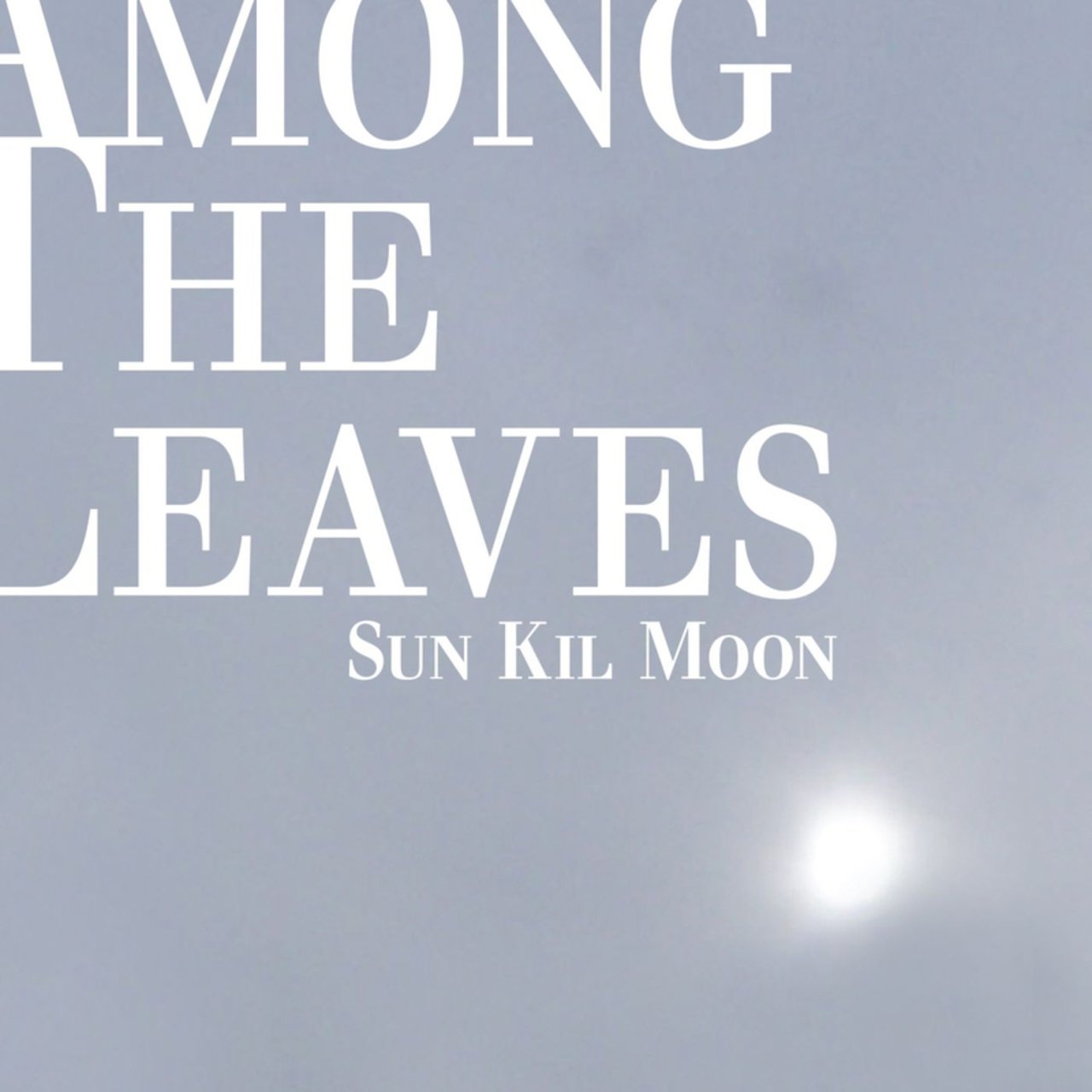
2012, 5/10
Mark Kozelek was a hot streak for the first four Sun Kil Moon albums – in particular April and Admiral Fell Promises were excellent. His fifth under the Sun Kil Moon moniker, Among The Leaves, is a disappointing regression. It’s a lengthy album that sounds like outtakes from his previous records. Kozelek was aiming for spontaneity – songs like ‘Song For Richard Collopy’ and ‘Not Much Rhymes With Everything’s Awesome All the Time’ were reportedly composed on the fly, and the recordings are mostly first takes. As on Admiral Fell Promises, Kozelek utilises a nylon string guitar. His guitar playing is often the strongest aspect of Among The Leaves, and the lovely guitar lines feel wasted on lyrics like “Coming from number 1, a good kisser/I left her for town, and I miss her.”
Among The Leaves is clearly one of Kozelek’s lesser albums, especially at its time of release. It’s still worth trawling through for the good songs; quality tracks like ‘Lonely Mountain’ and ‘Sunshine in Chicago’ suggest that there’s a decent record among the overlength and toss-offs like ‘Track Number 8’. Most of the record is Kozelek solo, but the mild drumming helps the pretty title track pick up some momentum. The change to stream-of-consciousness lyrics that characterise Kozelek’s subsequent efforts starts here; while records like Perils from the Sea and Benji utilised this new writing style effectively, in general, it’s been a change for the worse.
There are flashes of excellence, but Among The Leaves is disappointing after expertly crafted gems like April and Admiral Fell Promises.
Perils from the Sea – Mark Kozelek & Jimmy LaValle
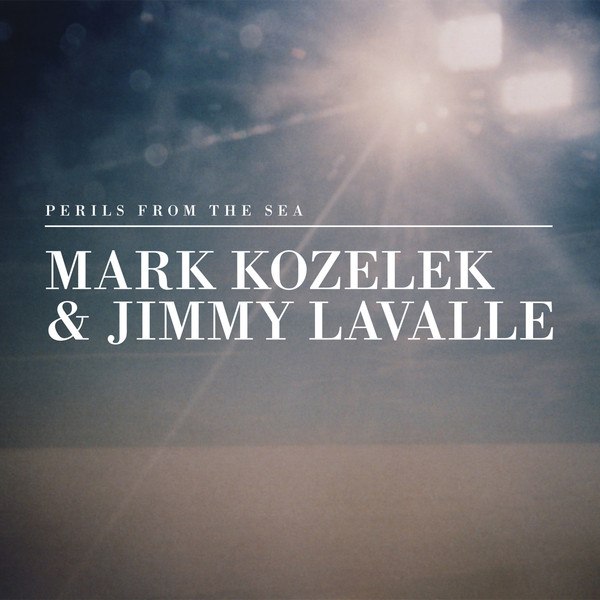
2013, 7.5/10
The Album Leaf’s Jimmy LaValle first collaborated with Mark Kozelek in 2011, resulting in the song ‘What Happened To My Brother?’. Over the next year, the project expanded to an entire album. The pair split responsibilities – LaValle composed the music and Kozelek the lyrics. It’s different from anything else in Kozelek’s catalogue – his guitar is absent, and he’s instead backed by LaValle’s electronics and keyboards. Like a lot of Kozelek’s projects, Perils from the Sea is overlong – it’s almost 80 minutes, with most songs stretching over seven minutes – but it’s a change of direction that works well for Kozelek.
Kozelek’s transitioning from tightly composed songs to narratives on Perils from the Sea, and it’s effective. The standout track is ‘Gustavo’, Kozelek’s recounting of his relationship with an immigrant builder, with some great lines: “My house ain’t done, but it’s alright/Floors ain’t level, but I ain’t some suburban/Who cares about bathroom tiles/Straight lines and building codes and Chinese wind chimes.” Elsewhere, Perils from the Sea works nicely when LaValle backs Kozelek with stately arrangements – the organ of ‘Ceiling Gazing’ and ‘Somehow the Wonder of Life Prevails’ are both hymn-like.
Perils from the Sea drags a bit, but it’s a strong change-up record for Kozelek, effective without his guitar.
Mark Kozelek & Desertshore – Mark Kozelek & Desertshore
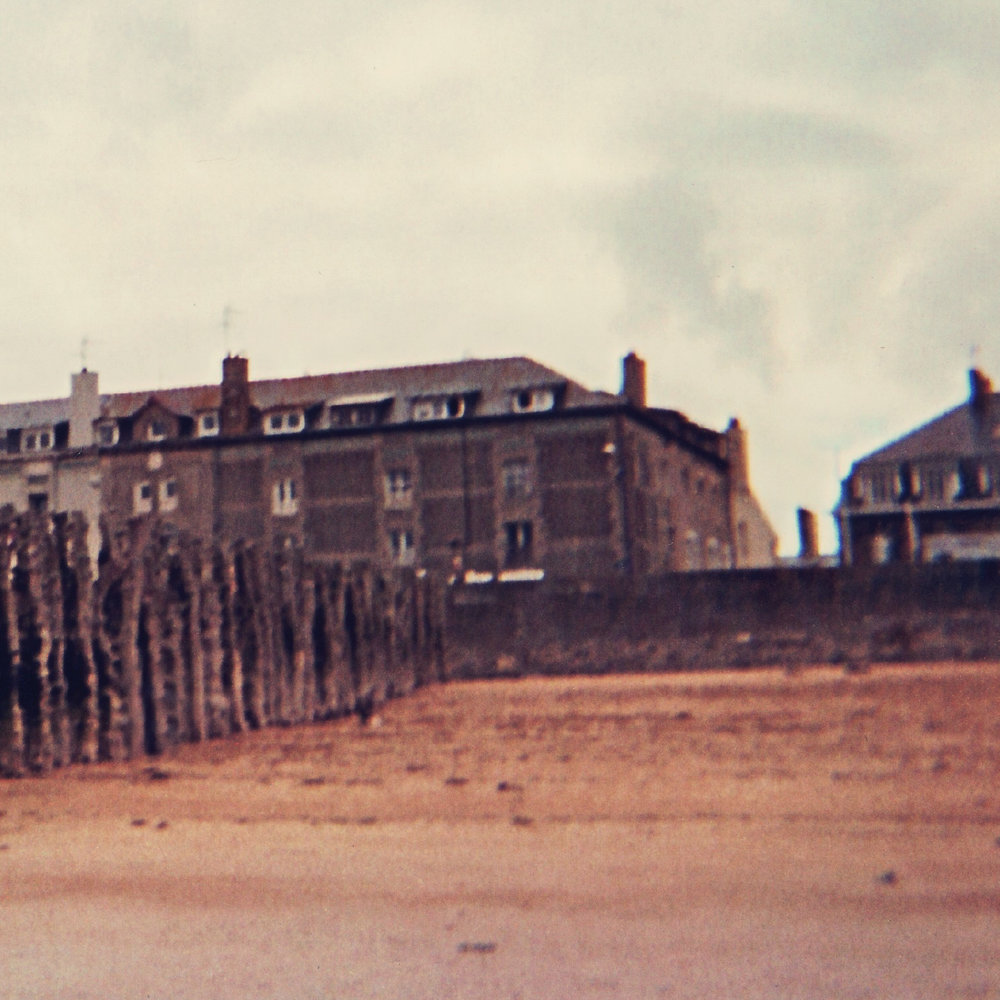
2013, 7.5/10
Desertshore aren’t a revolutionary new backing for Kozelek like Jimmy LaValle’s electronics were. They’re an indie rock band led by former Red House Painters’ guitarist Phil Carney, and Kozelek played on their previous records. As a result, Mark Kozelek & Desertshore largely sounds like a Sun Kil Moon record musically. Like Perils from the Sea, it showcases Kozelek’s transition from structured lyrics to stream-of-consciousness.
There’s one of Kozelek’s Crazy Horse-style electric epics on ‘Livingstone Bramble’; Kozelek boasts of his guitar skills, amusingly claiming that he can play circles around Nels Cline. Despite the jolt of energy from ‘Livingstone Bramble, the prevailing mood is introspective acoustic folk. Opener ‘Mariette’ is gorgeous, with piano and electric guitar filling out the sound, while ‘Tavoris Cloud’ is an affecting stream-of-consciousness piece; Kozelek discusses the deaths of his cat and former Sun Kil Moon drummer Tim Mooney and admits that “at the age of 46/I’m still one f***ed-up little kid.” The full sound of Desertshore works on folk-rockers like ‘Katowice or Cologne’ and ‘Seal Rock Hotel’.
It’s easy to overlook Mark Kozelek & Desertshore since Kozelek’s released a lot of records, but it’s a very solid record that’s worth spending time with.
Benji – Sun Kil Moon
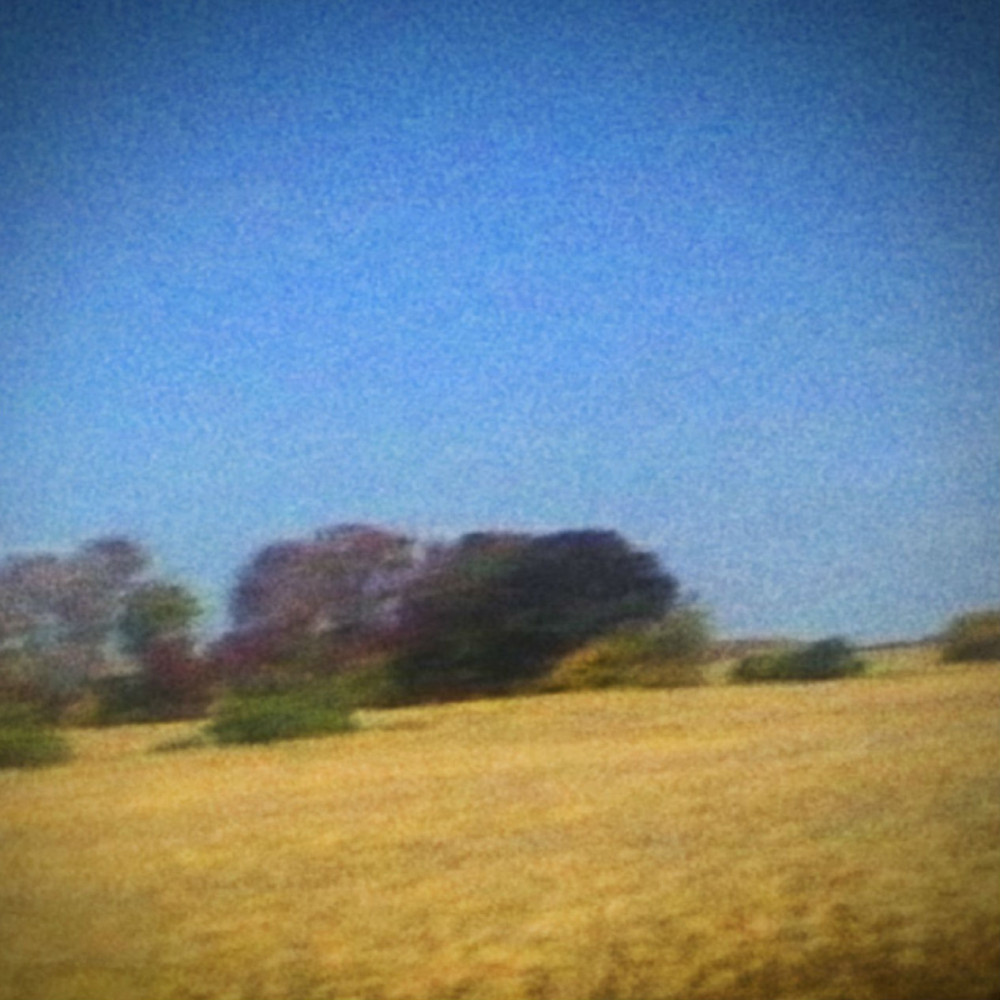
2014, 8/10
On his 2013 album with Jimmy LaValle, Perils From The Sea, Mark Kozelek utilised a conversational style over LaValle’s electronics. On Benji, Kozelek applies the same stream-of-consciousness lyrics over his pretty acoustic guitar picking. It’s surprisingly captivating because Kozelek’s a natural storyteller. His stories mine two primary themes – reminiscences of his childhood and adolescence, and more memorably, tales of bad stuff happening to ordinary people. His father’s friend arrested for euthanising his wife, his second cousin’s sudden death… it’s strangely riveting material, even if his sexual history in ‘Dogs’ strays into too-much-information territory.
While Benji sometimes blends together with its homogeneous sound, the best two songs are at the end. ‘Micheline’ and ‘Ben’s My Friend’ share the confessional style of the rest of the album, but they’re the album’s most memorable melodies and are more tightly arranged; ‘Ben’s My Friend’, about Death Cab For Cutie’s Ben Gibbard, boasts an urgent rhythm guitar pretty horn part that contrasts with the austerity of the rest of the album. ‘Micheline’ passes through three sad stories – a lonely child from his school, his friend Brett, and his grandma – similar subject matter to the rest of Benji, but with a beautiful melody and a more formed song structure it stands out.
It’s not perfect, but the stream-of-consciousness approach often works, and Benji gained unexpected exposure for the seasoned Kozelek.
Top Favourite Mark Kozelek Songs
Lost Verses
Grace Cathedral Park
Gustavo
Tonight The Sky
Carry Me Ohio
Summer Dress
Find Me, Ruben Olivares
Make Like Paper
Neverending Math Equation
San Geronimo
Return to 1990s Album Reviews…
Related Pages
About
Aphoristic Album Reviews is almost entirely written by one person. It features album reviews and blog posts across a growing spectrum of popular music.
Review Pages
Read about the discographies of musical acts from the 1960s to the present day. Browse this site's review archives or enjoy these random selections:
Blog Posts
I add new blog posts to this website every week. Browse the archives or enjoy these random selections:
